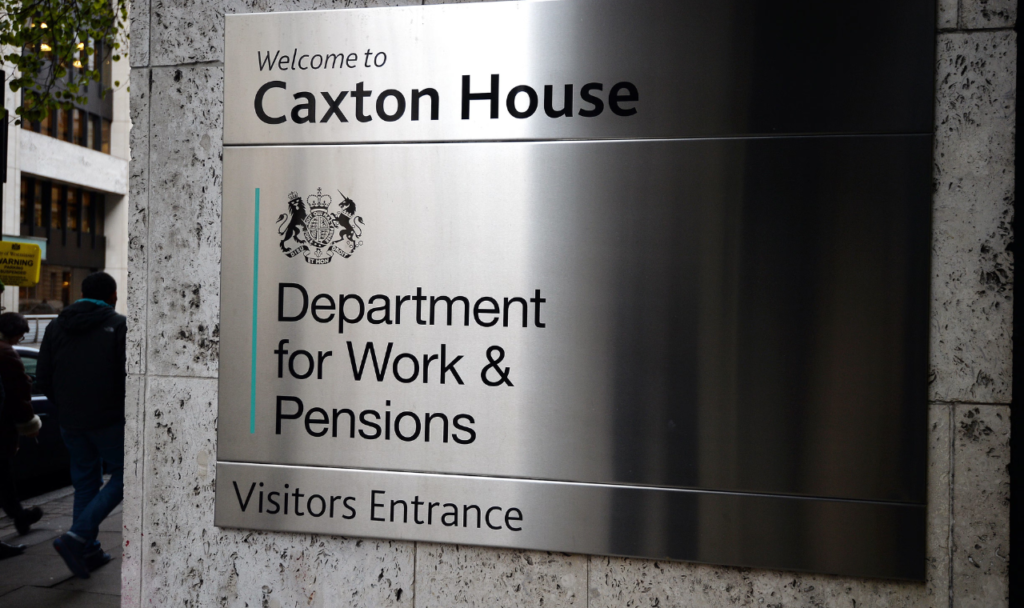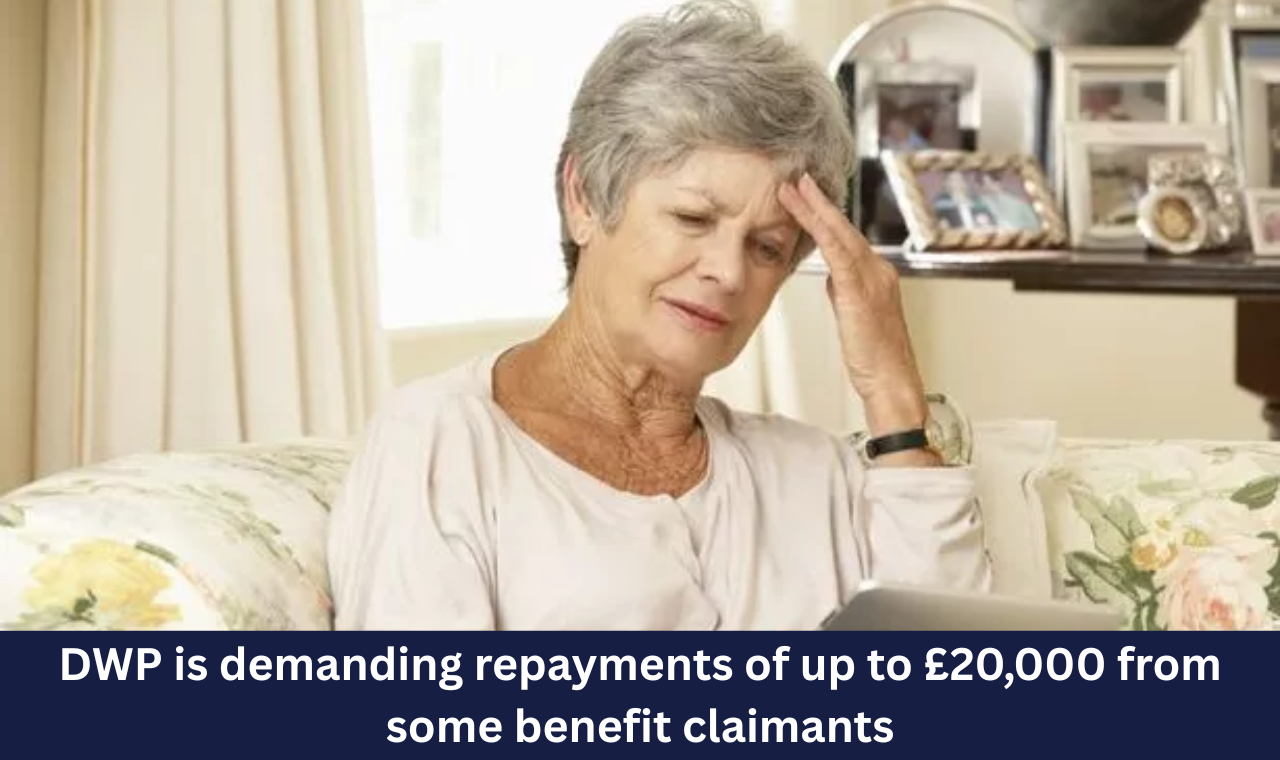Thousands of unpaid carers across the UK are being chased by the Department for Work and Pensions (DWP) to repay Carer’s Allowance overpayments—some as high as £20,000—after the department failed to act on early warnings that claimants had breached income limits.
The situation has sparked public outrage, as many of those affected say they were unaware they had earned too much to remain eligible. Critics are calling for a full amnesty on the debts and a complete overhaul of how Carer’s Allowance is administered.
What Is Carer’s Allowance?
Carer’s Allowance is a benefit designed for people who spend at least 35 hours per week caring for someone who is ill, disabled, or elderly. As of April 2024, it pays £81.90 per week.
To be eligible, claimants must earn no more than £139 per week after allowable deductions such as income tax, National Insurance, and pension contributions. If a carer exceeds this limit by even a small amount, they become ineligible for the benefit from that point onward.
Further details can be found on the official government page:
How the Overpayments Happened
The current scandal revolves around a failure by the DWP to monitor earnings alerts effectively. When a claimant’s income appears to rise above the allowed threshold, the system flags it. But until recently, the DWP only investigated around 50% of these alerts—largely due to cost-cutting and staffing issues.
As a result, many carers continued to receive payments for months or even years, unaware they had technically become ineligible. The department is now attempting to recover those overpayments in full—some totaling more than £20,000.
In many cases, the overpayments were caused by small increases in earnings due to minimum wage rises or working a few extra hours. Carers UK, a leading charity in the sector, says the system is “not fit for purpose” and has left people “trapped in debt through no fault of their own.”

DWP Promises Reform—but Keeps Pursuing Debts
Following mounting pressure, the DWP announced on April 15 that it will overhaul its system for monitoring Carer’s Allowance. The department now promises to review 100% of income alerts and to notify carers promptly if their income exceeds the threshold.
A DWP spokesperson said:
“We are improving our processes to ensure that overpayments are minimised and claimants are informed quickly. However, we are legally obliged to recover overpaid benefits unless there are exceptional circumstances.”
There are currently no plans to suspend or write off existing debts, which has drawn criticism from opposition parties and carers’ rights groups.
For information on how the DWP recovers overpaid benefits, visit:
Calls for Debt Amnesty
Liberal Democrat leader Sir Ed Davey, who was himself a carer for his mother, has joined calls for a full amnesty on the debts.
“It’s outrageous that carers are being punished for the DWP’s failures,” he said. “These are people doing vital unpaid work, often saving the government far more than they ever received in benefits.”
Campaigners argue that a rigid approach to debt recovery, especially in cases where the overpayment was unintentional, is both unfair and harmful. Many of the affected carers are older, disabled themselves, or supporting family members with complex needs.
Political Fallout for Labour and the Government
The scandal comes amid broader controversy surrounding proposed welfare reforms. An internal Labour Party analysis recently revealed that 80 Labour MPs could lose their seats due to backlash over proposed cuts to Personal Independence Payment (PIP) and other disability benefits.
In nearly 200 constituencies, the number of PIP claimants exceeds the MP’s majority, making welfare policy a key electoral issue ahead of the next general election.
The government argues that its reforms are aimed at encouraging more disabled people into employment while protecting those with the highest needs. However, critics say the changes could push over 350,000 people into poverty.
Details of the government’s welfare reform proposals are available at:
What Carers Can Do
Carers who have received letters demanding repayment are encouraged to seek advice and challenge overpayment decisions if they believe there are grounds to do so.
Useful resources include:
Turn2Us – Benefit advice and grant support
www.turn2us.org.uk
Citizens Advice – Help with appeals and benefit overpayments
www.citizensadvice.org.uk
Carers UK – Legal and financial guidance for carers
www.carersuk.org
Claimants can also apply for overpayment waivers if repaying would cause severe hardship, although these are granted only in limited circumstances.
Conclusion
As the DWP faces mounting criticism for its handling of Carer’s Allowance, campaigners are demanding a rethink of how the benefit is managed and calling for a debt amnesty for those unfairly caught out by administrative failures.
While reforms are now underway, the fallout is far from over—and the political cost may be high for a government already under pressure for its broader approach to welfare.

Pankaj Kumar is a skilled content writer at OTE News, focusing on breaking news, technology, and socio-political developments. With a background in Mass Communication, he brings a balanced perspective to his articles, ensuring clarity and reliability. Pankaj has a knack for simplifying complex topics for readers.
In his free time, he enjoys photography, traveling, and experimenting with new cuisines. His curiosity and dedication to truthful reporting make him a valuable contributor to OTE News.




